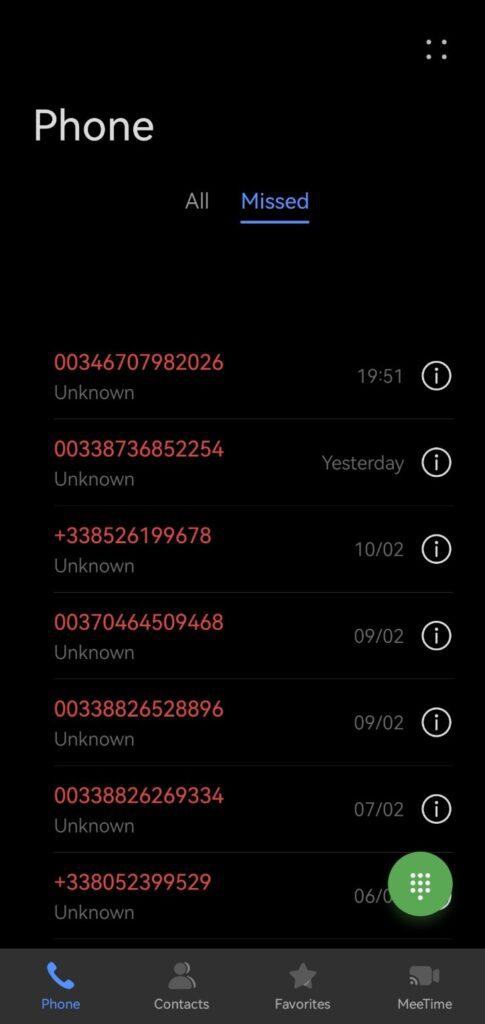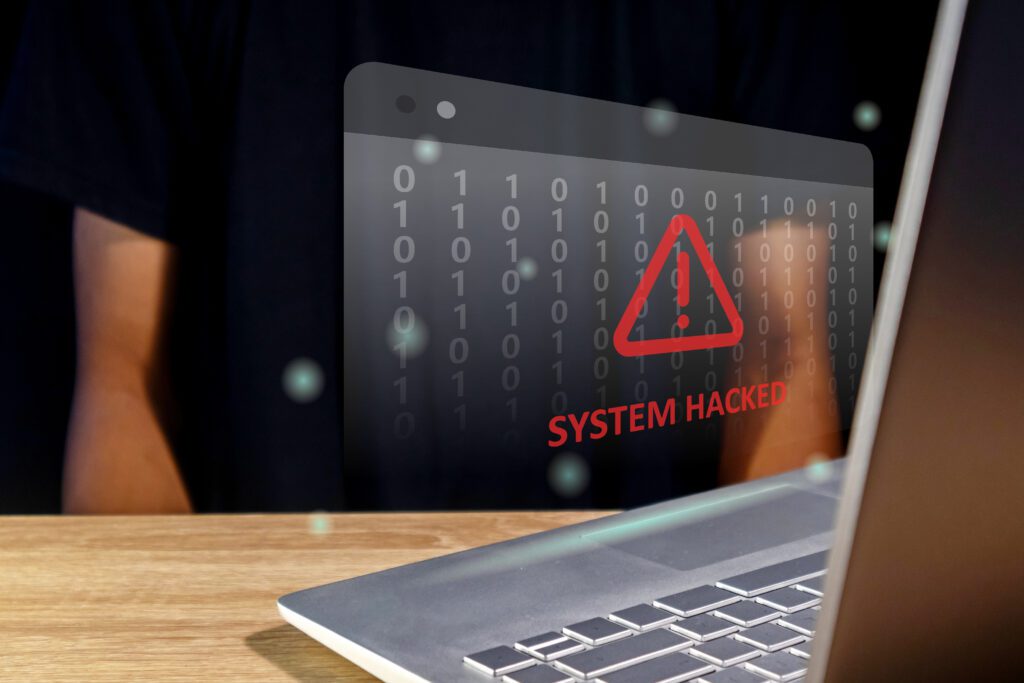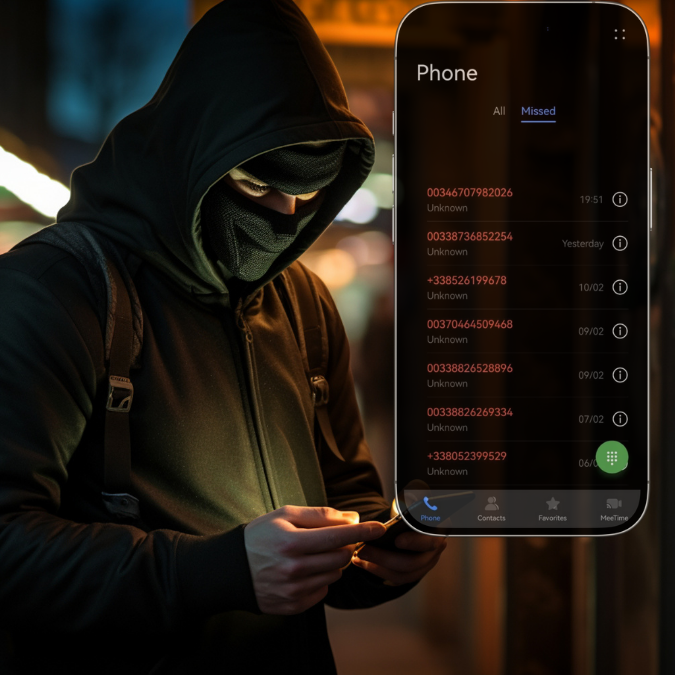Over the past several months, numerous Filipinos have reported receiving persistent calls from numbers starting with ‘003.’ These mysterious calls often involve silence on the other end, robotic voices, or even scammers attempting to defraud unsuspecting victims. But where are these calls coming from, and why are they targeting Philippine-based phone numbers?
Tracing the Origins of ‘003’ Calls
The country code ‘003’ does not belong to any recognized sovereign nation. Instead, it is often associated with spoofed or VoIP (Voice over Internet Protocol) numbers that scammers use to disguise their real location.
Cybersecurity experts suggest that these calls are generated from international call centers, fraudsters, or automated dialing systems looking to exploit vulnerabilities in telecommunications security. The anonymity provided by internet-based calling makes it difficult to trace their true source.

Common Scams Linked to ‘003’ Numbers
Victims report various forms of fraud linked to these calls, including:
- Fake Bank and Financial Institution Scams – Callers impersonate bank representatives, asking for sensitive details such as OTPs and account numbers.
- Investment and Lottery Scams – Some victims are informed that they have won a lottery but need to pay “processing fees” to claim their prize.
- Tech Support Scams – Callers pretend to be from major tech companies and claim there’s an issue with the recipient’s device, urging them to install malicious software.
- Extortion and Impersonation – Fraudsters sometimes pose as government officials, threatening legal action unless payment is made.

Telecommunications Vulnerabilities
The proliferation of these calls highlights a significant loophole in telecommunications security. Some service providers do not effectively block spoofed numbers, allowing scammers to bypass caller ID verification. While major telcos in the Philippines have been rolling out security measures like SIM registration and call filtering, these malicious calls persist.
Government and Regulatory Response
The National Telecommunications Commission (NTC) has urged mobile providers to strengthen anti-spam measures and block suspicious numbers. However, enforcement remains challenging, as many scammers operate outside Philippine jurisdiction.
In 2022, the passage of the SIM Registration Act (our article here) aimed to curb mobile fraud, but experts argue that additional legislation targeting VoIP fraud is needed. The Department of Information and Communications Technology (DICT) is also investigating potential cybersecurity measures to counteract such fraudulent calls.
How to Stop ‘003’ Calls
Stopping these calls entirely is difficult, but there are steps individuals and authorities can take to reduce their frequency:
- Telco-Initiated Blocking – Some telecom providers offer call-blocking services. Check with your provider if they have specific measures against international scam calls.
- Call Filtering Apps – Applications like Truecaller or Hiya can help identify and block scam numbers before they reach you.
- Strengthened Regulations – Advocating for stronger telecom policies can help enforce stricter caller ID verification measures to prevent spoofing.
- International Cooperation – Law enforcement agencies working with international cybercrime units may help track and shut down scam operations at their source.
How to Protect Yourself
- Ignore and Block – Do not answer calls from unknown ‘003’ numbers. If you accidentally pick up, avoid engaging with the caller.
- Never Share Personal Information – Banks and legitimate companies will never ask for sensitive details over the phone.
- Report the Call – Contact your telecom provider or report incidents to the NTC to help track suspicious activity.
- Enable Spam Filters – Many smartphones and telecom providers offer call filtering services that can help detect and block scam calls.

Conclusion
The surge in calls from ‘003’ numbers highlights the growing threat of phone-based fraud. While authorities and telecom companies work to combat these scams, vigilance remains the best defense for consumers. If you receive such a call, the safest approach is to ignore, block, and report it.
Have you received a call from a ‘003’ number? Share your experience in the comments below!






